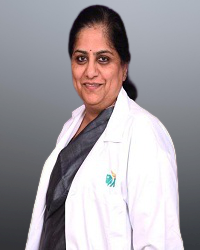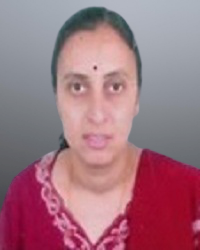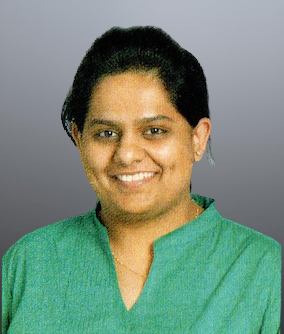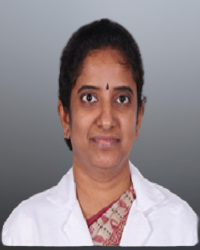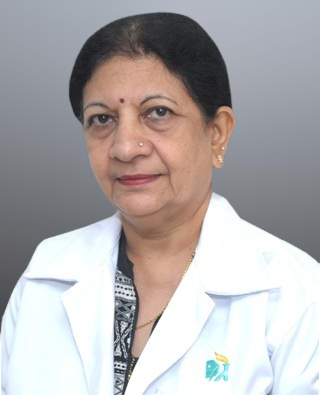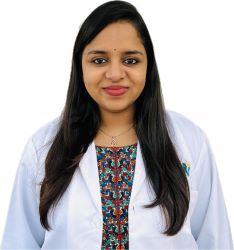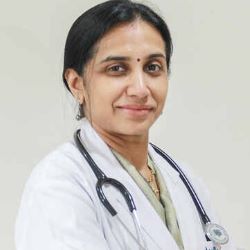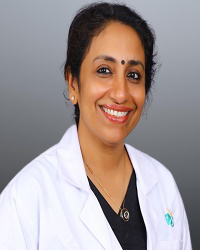Best Uterine fibroids Doctors in Bangalore
Uterine fibroids are non-cancerous growths originating from the smooth muscle tissue in the uterus. They can vary in size, from microscopic to large masses that distend the uterus. The exact cause of uterine fibroids is unknown, though a combination of hormonal factors and genetics has been suggested. Women are more susceptible to developing fibroids if they have a family history of the condition, are over the age of 30, or are of African descent.
In Bangalore, known for its burgeoning tech industry and vibrant culture, uterine fibroids are not uncommon. However, residents need not be overly concerned, as doctors for uterine fibroid treatment in the city are well-equipped to handle such cases. Apollo Hospitals, in particular, offers a team of highly skilled doctors for uterine fibroids and surgeons for fibroid removal ensuring Bangalore’s residents can get the best possible treatment.




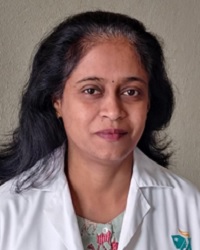


 Call Now
Call Now